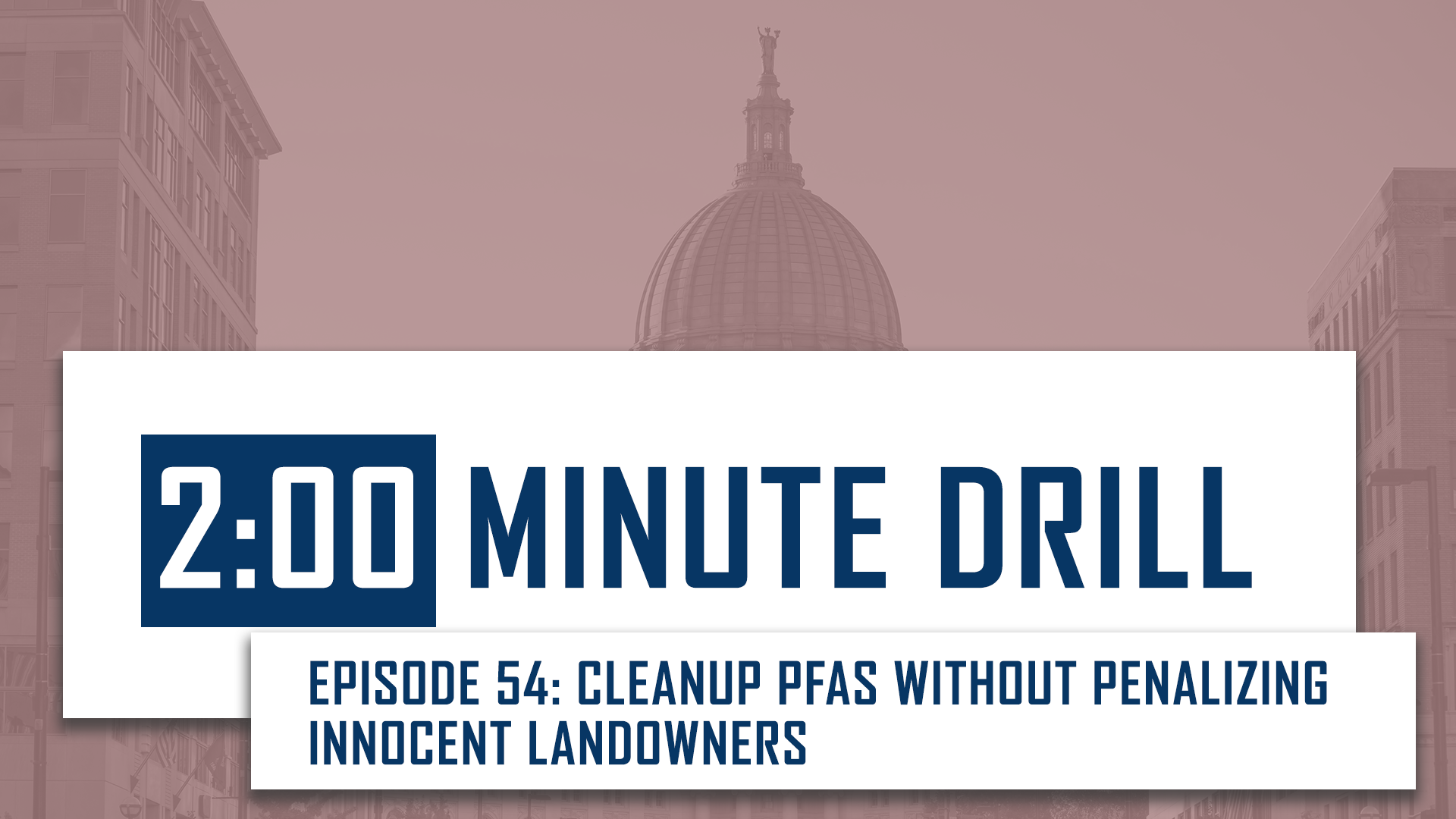For many years, Wisconsin businesses faced growing litigation costs due to an unfavorable legal climate. The higher costs from litigation hurt our overall competitiveness, and serve as a barrier to investment here. Although significant improvements to our legal climate were enacted in the 2011-2012 session of the Legislature, there are additional steps policymakers can take to promote a fair and transparent legal system for Wisconsin businesses. We urge lawmakers to pursue the following initiatives to build upon recently enacted civil justice and lawsuit reforms:
• Prevent plaintiffs from recovering phantom damages. Eliminate the presumption that the amount billed for medical expenses states the reasonable value of health care services and that the services provided are reasonable and necessary. Allow the admission of evidence of collateral source payments and the admission of evidence of the injured person’s obligations or reimbursement resulting from those payments.
• Enact the Personal Injury Trust Claims Transparency Act. Provide transparency of claims made against certain bankruptcy trusts in the tort system. Solvent defendants have been unfairly saddled with a larger share of the liability, draining trust funds away from deserving clients.
• Provide transparency in government contingency contracts. Require the state to make a written determination that outside representation is cost-effective and in the public good and ensure that government attorneys maintain control of the litigation. The contingency fee contract, payments made under the contract, and the state’s determination on the need for outside counsel would be posted online.
• Place reasonable limitations on lawsuit lending. As banking regulations do not apply to third party financing of consumer litigation, create a state regulatory regime governing lawsuit loans.
• Remove felons as a protected class under the Fair Employment Act. Allow employers to refuse to employ or to terminate from employment someone convicted of a felony and require uniform enforcement at the state, county, and municipal levels, pre-empting local governments from treating felons as a protected class.

Episode 54: Clean Up PFAS Without Penalizing Innocent Landowners
https://youtu.be/cQd0flOJmso WMC is highlighting a proposal from the Wisconsin Legislature to protect innocent landowners from being unfairly penalized as polluters while enabling targeted PFAS cleanup.




